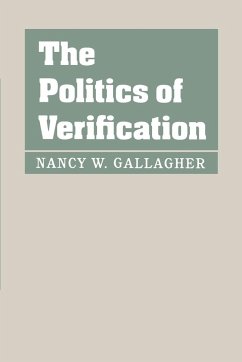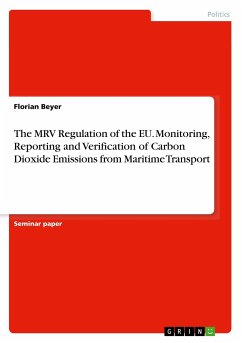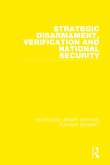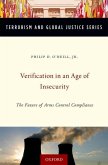How to evaluate compliance is among the most difficult questions that arise during treaty negotiations and ratification debates. Arguments over verification principles and procedures are increasingly common for accords about the environment, human rights, and economics, but they have been especially important in the arena of national security. Nancy Gallagher explains, "In a world in which states face conflicting pressures to maximize military capabilities and negotiate mutual restraints, the prospects for arms control often hinge on verification... In the standard American formulation, verification is the 'critical element of arms control.'" In The Politics of Verification, Gallagher explores the causes of verification controversies and the processes through which they are perpetuated or provisionally resolved. By examining nuclear test ban negotiations from the Eisenhower through the Clinton administrations, Gallagher finds that the assumptions about verification that have dominated U.S. policy shape domestic debates in ways that hinder stable agreement on significant test restrictions. She focuses on the dynamic interconnections between domestic and international politics, and analyzes the slow process of coalition building when conflicting interests and ideas create divisions both among and inside states. Gallagher concludes that the end of the Cold War has altered the arms control context without resolving basic questions about the appropriate amount and type of verification. Thus, the negotiation and ratification of major cooperative accords will continue to be shaped by verification compromises and coalitions.
Bitte wählen Sie Ihr Anliegen aus.
Rechnungen
Retourenschein anfordern
Bestellstatus
Storno








